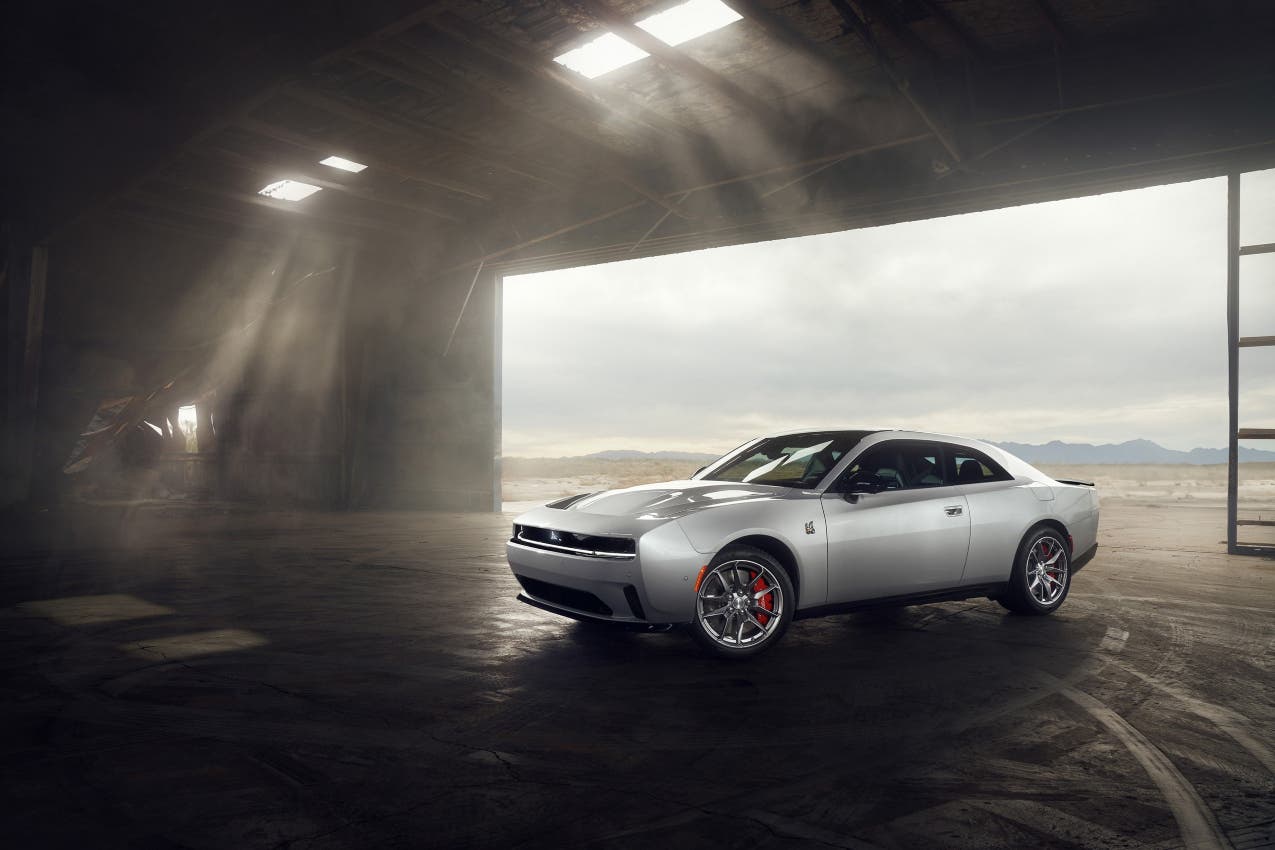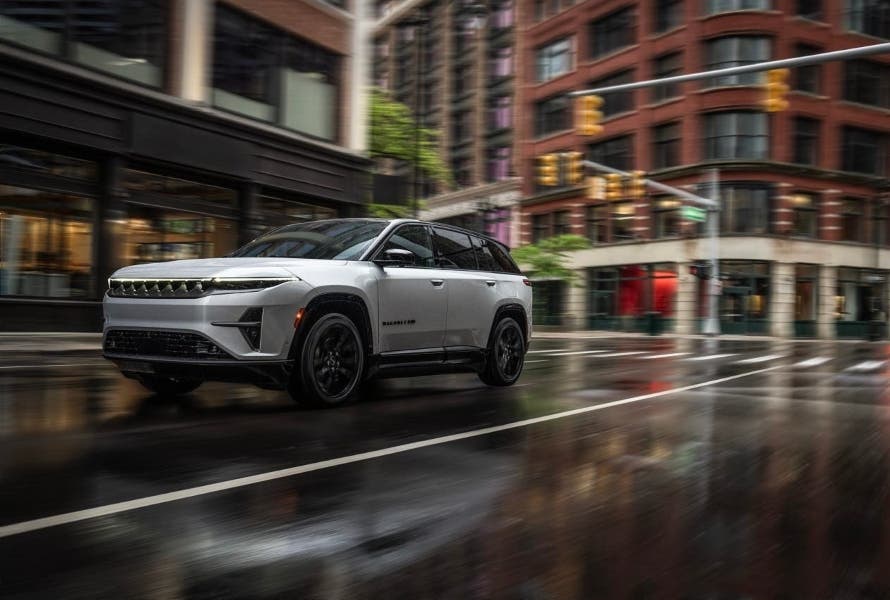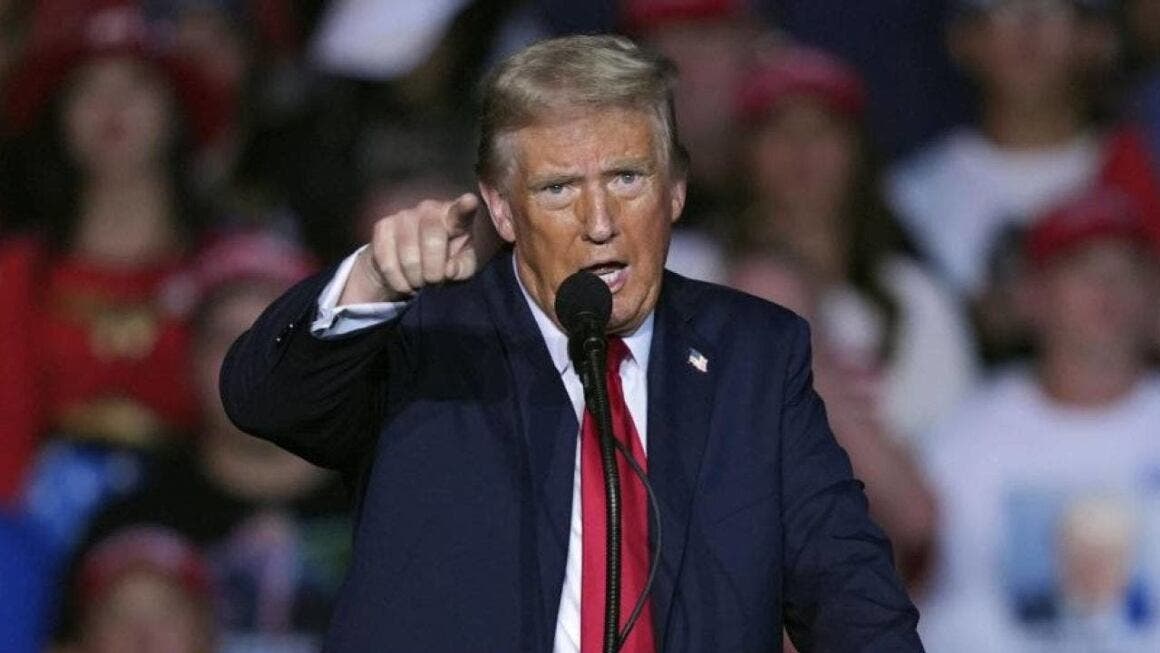A politician is usually evaluated when their electoral promises meet concrete government decisions. In Donald Trump‘s case, the matter is complex. We are facing what’s known as retribution, where the upcoming American administration is expected to be marked by a sort of “revenge” against the previous Biden administration. At least, this is what the winner of the latest U.S. elections has repeatedly stated.
The newly-elected president’s transition team has targeted the $7,500 federal tax credit for electric vehicle purchases, provided by the Inflation Reduction Act (IRA). According to Reuters, citing internal sources, this measure could be eliminated in a new tax law under the Trump administration. This would be problematic for Stellantis, which has recently adjusted vehicle prices to accommodate this tax credit, along with other discounts offered by the automotive group, such as for the Dodge Charger Daytona.
Stellantis might need to change its electric vehicle strategy in the United States

This move aligns with the interests of oil companies, historically close to the tycoon, and will require approval from Congress, which now has a Republican majority. What’s surprising is the support from Elon Musk, Tesla’s CEO and a Trump campaign financier.
Musk, recently appointed to head the Department of Government Efficiency, appears to see the elimination of incentives as a competitive advantage for Tesla. His company is ahead of rivals like Ford, General Motors, and Stellantis, who still heavily depend on subsidies for their moves toward electric transition in American production.

The Alliance for Automotive Innovation, representing the automotive industry, strongly opposes this, arguing that tax credits are “crucial for maintaining U.S. leadership in automotive technology and manufacturing.” According to the organization, removing the bonuses risks slowing sector growth, which represents 9% of the U.S. market but struggles to keep pace with initial projections.
Such a decision by the Trump administration “could force many automakers to revise their electrification strategies,” calling into question the entire path followed so far toward sustainable mobility. Tesla, however, with its established business, could perfectly capitalize on the difficulties of this scenario, strengthening its market position. The situation is different for Stellantis, which is preparing to launch the Charger Daytona and Jeep Wagoneer S, and will be forced to change strategy. All we can do is wait and see what happens in the coming months.

